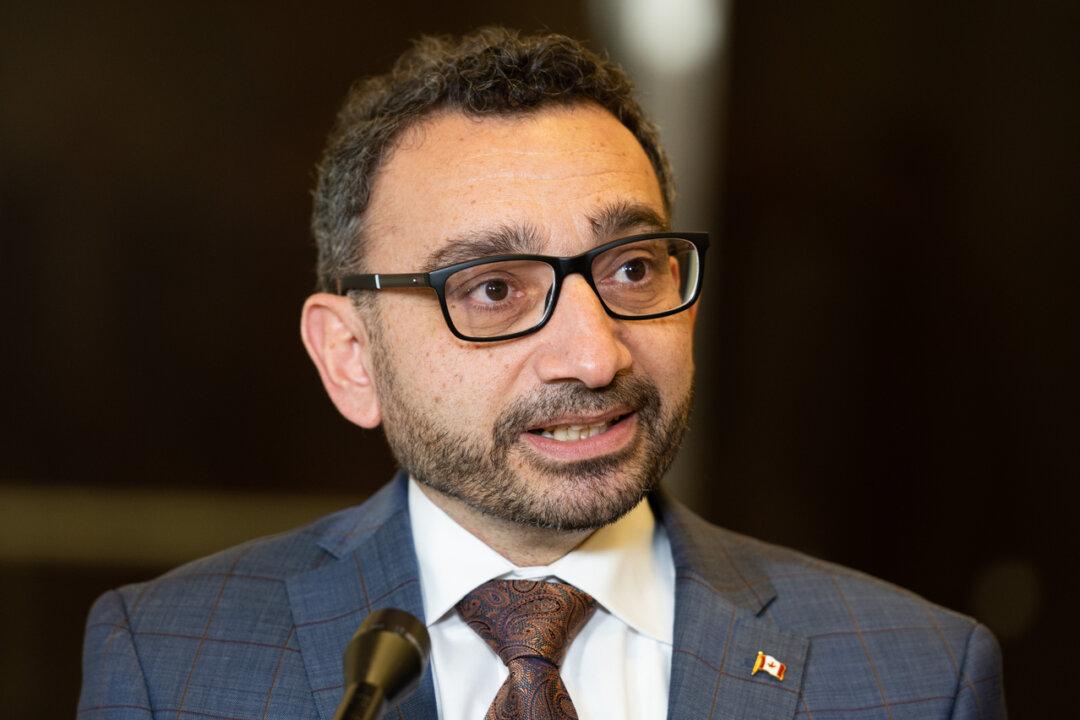The government is aiming to toughen penalties for poor airline service this spring, said Transport Minister Omar Alghabra, who appeared before a parliamentary committee on Jan. 12 looking into whether current fines are too modest or applied too sparingly.
“We’re going to keep our eye on the ball,” Alghabra told reporters in a Jan. 12 media briefing. “We’re going to keep ensuring that the airline sector remains focused on protecting passengers right.”





